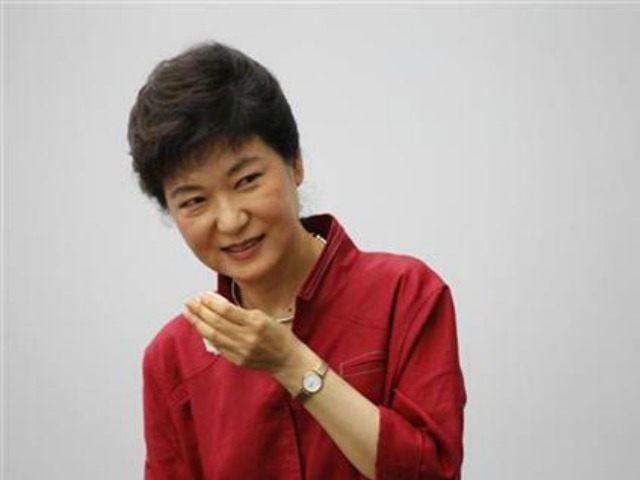South Korea’s President Park Geun-hye postponed a scheduled trip to the United States so she could stay in her home country to supervise the public health response to the MERS crisis gripping South Korea.
Public relations officials from Park’s office told the media that this coming week would be a “watershed” in the country’s efforts to battle the virus.
There are growing concerns that public panic may bring the South Korean economy to its knees.
“I urge citizens to refrain from excessively reacting to MERS for the sake of the economy” President Park said on Tuesday.
MERS stands for Middle East respiratory syndrome. It is a virus which attacks the lungs and breathing tubes of its victims. First originating in Saudi Arabia, the disease has killed 30 to 40 percent of those infected with it, primarily those with pre-existing medical conditions.
There is no known cure or vaccine, although scientists are researching the virus round-the-clock.
It is related to the deadly severe acute respiratory syndrome (SARS) virus, which caused mass panic across the globe after it broke out in China in 2003. SARS killed about 750 people worldwide.
So far nine have died of MERS in South Korea, and there are about 108 confirmed cases. Nearly 2,500 schools, including 22 universities, have been closed around the nation, and 3,000 individuals are under strict quarantine.
641 in quarantine have been released, however, as they tested negative for the disease.
“As soon as people are identified as cases and isolated immediately, we should see decreases in case,” World Health Organization representative Dr. Peter Ben Embarek said.
Many South Koreans wear facemasks in public, as a way to prevent further spread of the disease.
Several foreign governments, including Taiwan and Hong Kong, have placed high alerts on travel to South Korea over the last few days, even though WHO team overseeing the global public health response has not specifically called for that sort of action.
Hong Kong-based Cathay Pacific Airways told media they saw a dramatic drop in travel to South Korea since the first news of the outbreak. Intense new screening for people returning from South Korea implemented by surrounding countries combined with global panic is also limiting the country’s usually active tourism sector.
South Korea’s economy is already groaning under the weight of declining exports, and this new crisis dealt a massive blow to confidence in the country both domestically and from international investors.

COMMENTS
Please let us know if you're having issues with commenting.